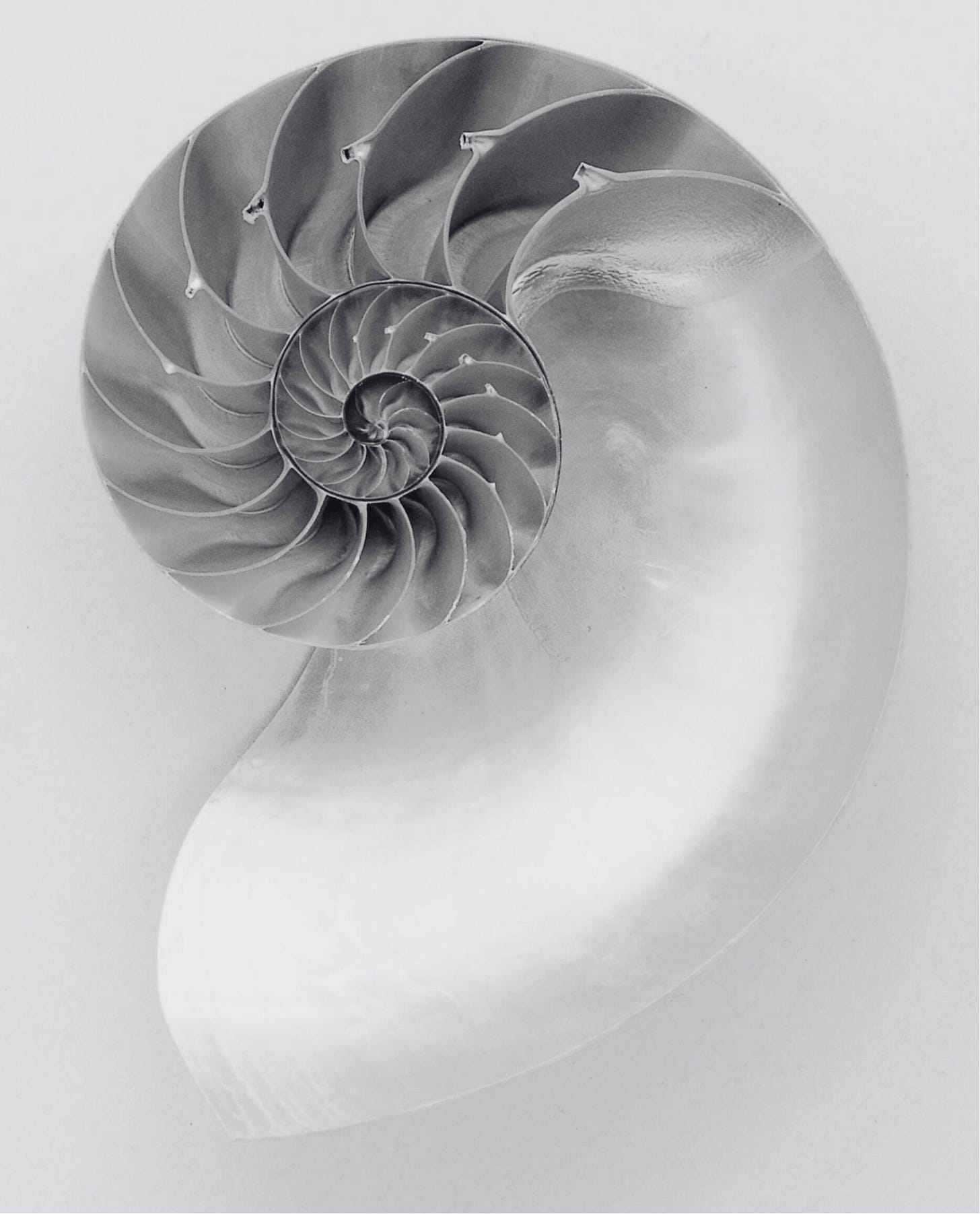What keeps you from trusting the wisdom of your body?
Invalidation from within and without
Discourse about trusting the knowledge within our bodies is all the rage right now. The mental health field has been particularly insidious about this development, rebranding wisdom gleaned directly from BIPOC communities, as well as from some of our spiritual traditions, as cutting-edge science. We see this occurring in therapeutic modalities, particularly those focused on somatic treatments or mindfulness. After decades of ignoring the body, conventional mental health has finally caught up to what our communities have known all along—that our body contains vast wisdom and knowledge. This wisdom doesn’t know time, and may at times transcend our ability to convert it into language or more linear, cognitive frames.
All this to say, the wisdom of our bodies isn’t a new concept. In fact, it’s one of our oldest ways of knowing and being. But along the way, we lost our connection to what was already inside us. I don’t begrudge somatic therapy modalities. In fact, I integrate a lot of these approaches into the work I do with my clients in my practice. However, I think it’s important to name what is often lost, which is that these practices stem from many of our own ancestral traditions. We are finding our way back.
The reasons we lose our way are myriad. The world is constantly creating paths that lead us away from ourselves, because entire industries would fall if we fully embraced ourselves without judgment. Embracing ourselves includes welcoming our contexts and histories, including intergenerational trauma, as well as the ways we may have participated in systems and dynamics that keep us trapped. When we religious history into the mixture, disorientation can become even more heightened. Invalidation from and within conservative evangelical communities is vast. Christian theology itself can at times create a foundation rife with concepts that make it impossible for us to trust ourselves, including but not limited to the belief that we are inherently sinful, broken, and unworthy, and that our own bodies do not belong to us. If we are inherently wicked, this can make us hold natural desires and feelings suspect. Wherever there are obstacles to trusting ourselves, as exacerbated by Christian doctrines like “total depravity,” we frequently conclude that the core of who we are must be fundamentally wrong at some level. If there is an internalized belief that we are fundamentally wrong, then there can be no foundation of trust infused into our lived experiences. This can make us distrust our own senses—the very senses that reside in our bodies. On a day-to-day level, this can become internalized as self-doubt:
“I was sinful, therefore what happened to me was justified.”
“I’m being too sensitive or dramatic.”
“I don’t have it as bad, so I’m not justified in my own emotions.”
This becomes compounded by the internalized message that we, as Asians or Asian Americans, do not get to take up space. Guilt and shame easily grow within this intersection if we make choices that go against the wishes of our community. And, the tricky thing about these beliefs is that they are subtle, we frequently don’t even realize we’ve breathed them in until we experience a space with different air. I am constantly telling my clients to take a breath, and then to exhale fully. If you have read until this point, perhaps you could do that too at this point. And as you exhale, consider:
What if our hearts and desires are not wicked or wrong by default, but could be good or even neutral?
What if we gave ourselves permission to restore our own agency?
What if we never needed to be saved at all?
As you breathe out, what is your body telling you about these questions? Remember, coming back to ourselves, learning to pay attention to the information coming from inside our bodies, is always a journey and never a destination. And always in everything, you are worth the chance you give yourself to recover and divest from systems and practices that might lead you away from what is already within you.
Take care.


